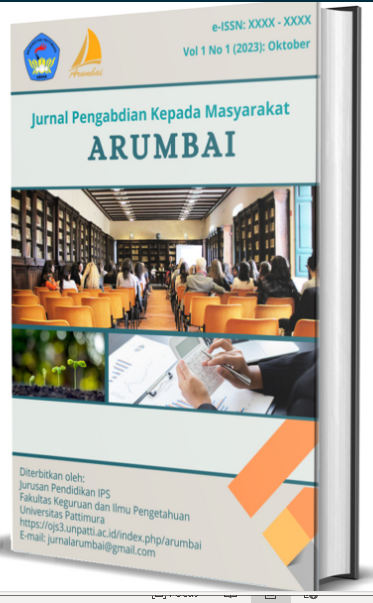Self-Transformation: Quranic Education Guidance as The Foundation for Strengthening Faith Among Prisoners
Abstract
The Quranic education development program aims to strengthen prisoners' faith by interpreting verses, memorizing short chapters, and the values of the Islamic creed. Using interactive methods supports the rehabilitation process of inmates within the prison with a holistic approach that integrates Islamic values and psychological aspects. Involving 100 male and female inmates, the program focuses on understanding and applying the teachings of the Quran in daily life. An inclusive religious approach encompasses religious activities and spiritual counseling. Regular Quranic studies and pastoral counseling deepen the inmates' understanding of religion. Creative activities such as art, group discussions, and collaborative projects aid in developing creativity and interpersonal skills. Understanding the religious and educational backgrounds of the inmates is designed to provide a personal and relevant rehabilitation experience, supporting positive changes in their character and behavior and preparing them for reintegration into society. The outcomes of this initiative include the guidance of inmates through religious approaches, focusing on the understanding of the Quran, memorization of short chapters, Islamic creed, and ethics. The activities involve the inmates interpreting selected verses and interactive methods. The introduction of memorizing short chapters uses repetition methods and active participation. Lessons on the Islamic creed focus on the oneness of Allah with an easily understandable and practical approach. Through discussions, role-playing, and practical activities, Islamic ethics learning is centered on moral and social values. Activities are carried out regularly according to a predetermined schedule, with evaluations based on behavioral observations, daily assessments, and final evaluations. Involving inmates in the planning process provides a sense of ownership while the religious institution's team conducts monitoring and supervision. The desired outcomes include an improvement in understanding the Quran and positive changes in the behavior and faith of inmates, measured through observations, daily evaluations, and final assessments. The necessary facilities and infrastructure include a mosque with prayer areas, whiteboards, and an Islamic library.
Downloads
Copyright (c) 2024 Author

This work is licensed under a Creative Commons Attribution 4.0 International License.


